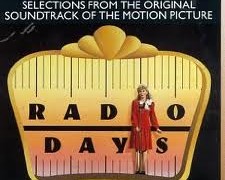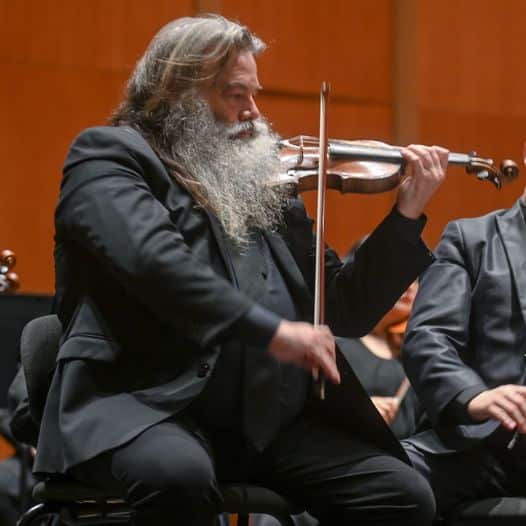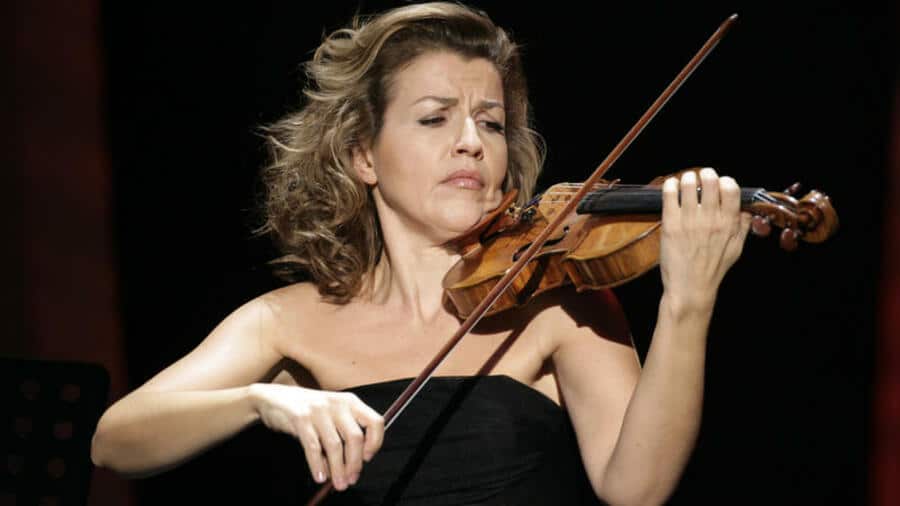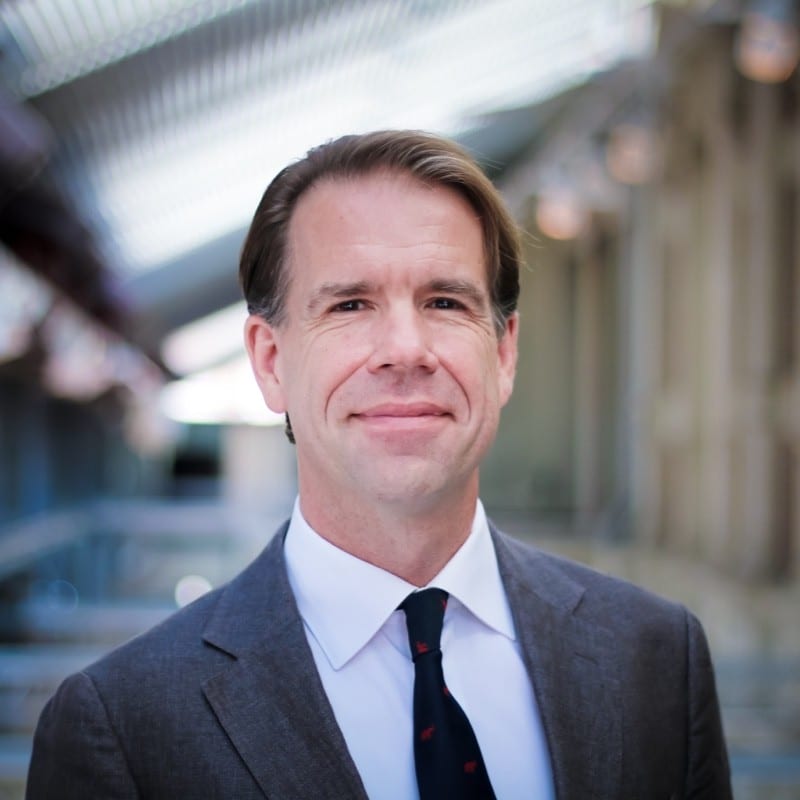New England public radio dumps classical
NewsThere goes another one:
SPRINGFIELD — New England Public Media will use its main radio signals to present news programming, moving daytime classical music shows to other stations.
The switch, beginning Monday, follows a trend by public radio stations across the country to elevate news in response to audience demand.
More here.






Nothing new here! It’s not any anti-classical-music bias — it’s just responding to the perception that radio audiences today want more news and less music. Which also explains why many in-print news sources are failing as audiences prefer their news filtered through internet and cable sources.
More bad news and less good music.
Not “dumping” entirely, just moving it to other stations which, unfortunately, don’t have as strong a signal.
Exactly. This is really just a rearrangement, not a cancellation. The other stations don’t have as strong a signal, but there are five of them, and together they cover most of the same listening area.
With the advent of streaming devices, the need for classical music radio is much less than it was in the past.
This trend started in the 1990s and has led to the lack of easy access to classical music for the uninitiated. Imagine the impact Mozart, for instance, can have on a workman who has never heard of him. I witnessed this, when remodeling was done on my house and I was listening to a Mozart Piano Concerto on the radio. The young man was walking through the area and stopped in his tracks and said, “That’s pretty. What is it?” I told him Mozart. He just stood there, in awe, and listened until the piece was finished. So, now, he and others like him won’t experience that magic from our local station.
“lack of easy access to classical music for the uninitiated…”
Most younger people these days don’t listen to the radio. That is an obsolete technology for them, as obsolete as sending a paper letter. Classical music on the radio isn’t “easy access” at all for them. What is easy access is streaming and YouTube, and vast amounts of classical music are available from both.
I stream WFMT and WGTE. Both still have classical.
It happened in Ft. Wayne also.
It happened in Sun Valley too, I believe… The Australian Broadcasting Corporation has a classical station running 24 hrs a day, but I have long stopped listening to it. There’s also a local classical station run by amateurs, very often playing their own recordings. Meanwhile, we have Arte, Digital Concert Hall and YouTube.
I wrote to the organization, as I have been a regular listener to 3 local NPR stations, including WNPR (NEPM):
“Speaking as a 64-year-old former professional orchestral musician and a long-time subscriber to WNPR/NEPM, I think you have made a reasonable decision regarding shifting of your schedule with regard to classical music programming. Assuming that the secondary streams for the music will be available via digital radio (a feature generally available in cars nowadays), as well as access to digital streams via internet networking, it should not be difficult for most people to continue to listen to the music. The changing demographics and target audiences have probably made these changes a necessity, and I hope that this decision ultimately benefits NEPM financially.”
What another commenter mentioned about serendipitous discovery of classical music is also true, and the reduction of that possibility via radio broadcast is certainly unfortunate.
Well put. Radio still has a place despite streaming etc., and it is the availability of any music that develops its audience. However if radio is to save radio, it must look to its financial security.
Getting rid of classical music is a big mistake for all of us.
At least they made a provision to continue classical broadcasting.
Now the people who want classical can get more of it, without the news intrusions, on their alternate station.
Sad that classical music is losing the opportunity to be heard by young people. I volunteer at Tanglewood and attendance appears to be down at concerts.
With the BSO in proximity, the fact that Springfield is making this move is not good news.
Well, in German we have a term to design people who dump classical music: Lumpengesidel.
Tragic!
I have an idea. Why not call dayftime programming: RAIN ON MY PARADE, having various funeral marches and other end-of-the-world music like Saint-Saëns‘s DANSE MACABRE, with footage of the enormous conflagrations destroying our planet, saving programs on Donald Trump, which has come to mean „News“ among „the people,“ thereby making everyone both happy and cultured?
This move comes after a string of costly previous decisions, all inside of the last 10 years: The revamping of a downtown Springfield bank, then moving the studios from UMass Amherst’s campus to the new building, followed by a merger with the public television station (which was in the red), then revamping the television studios to include the radio station at a big expense and vacating those relatively new studios in Springfield (which they are now selling for around $800k). Each step cost money, and the fundraising has been unable to keep up with the debt. Add into the mix that public broadcasting in general is having funding issues across the US, and you get a perfect storm. Meanwhile, those who listened to classical music will have to find NEPM at any number of stations with weaker signals, which could well cost listeners and support. And digital radio in automobiles should not be confused with satellite radio; digital radio can degrade more quickly, and it is common to hit blackout areas away from major cities. Will shifting NEPM’s stronger main signal to an all news and talk format raise more money? The jury is out on how effective this will be; It has worked in some markets, and backfired in others. NEPM Is a terrific resource for its community, and I hope for the best.